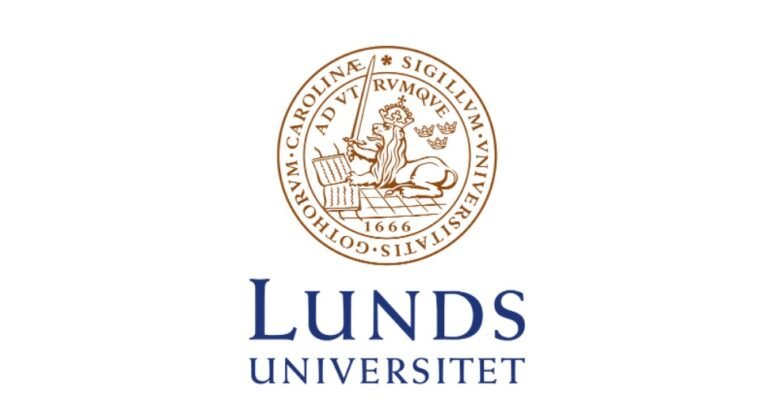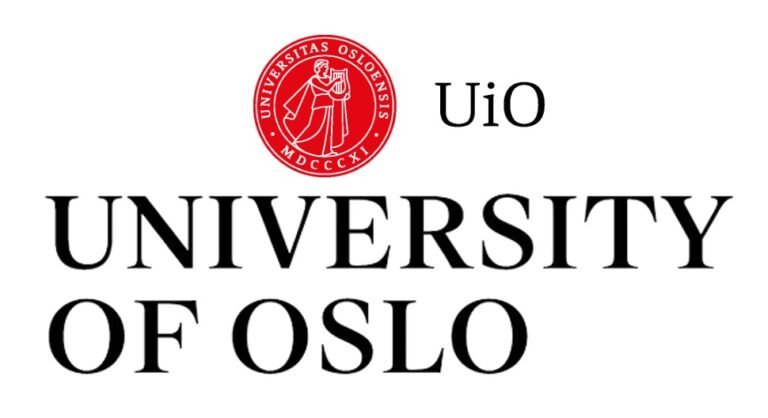Lund University was founded in 1666 and is repeatedly ranked among the world’s top universities. The University has around 47 000 students and more than 8 800 staff based in Lund, Helsingborg and Malmö. We are united in our efforts to understand, explain and improve our world and the human condition.
Lund University welcomes applicants with diverse backgrounds and experiences. We regard gender equality and diversity as a strength and an asset.
Description of the workplace
The position is within the Division of Communications Engineering at the Department of Electrical and Information Technology at The Faculty of Engineering, LTH, in Lund. The Division has 8 senior researchers, around 20 doctoral students and a deep collaboration with industry. The division works within wireless communication in a wider sense, and the activities span from communication theory to implementation of antenna structures.
Subject-/Project description
The research area is within information theory and channel coding, applied to machine learning algorithms. By adding redundancy, error-correcting codes are used in communication systems to protect messages from disturbances that occur during transmission. In machine learning, on the other hand, error-correcting output codes (ECOCs) have been proposed to improve the performance of multiclass classifiers. The aim of this project, which is funded by the Swedish
Research Council (“VR”), is to improve the reliability of machine learning algorithms by extending concepts from modern coding theory to classification and clustering.
Work duties
The main duties of doctoral students are to devote themselves to their research studies which includes participating in research projects and third cycle courses. The work duties will also include teaching and other departmental duties (no more than 20%).
In terms of research, you will extend the ECOC framework to yet another level by introducing the concept of blockwise classification. Analogously to communication systems, where messages are transmitted in blocks, the classification task is carried out blockwise, and the number of classes increases accordingly. This allows us to scale up ECOCs to large lengths independently of the original number of classes. Efficient graph-based coding schemes from modern coding theory can then be designed to improve the performance of ECOCs beyond existing works. This will improve their capability to estimate the uncertainty of their output and their robustness against adversarial attacks. The work involves both a theoretical assessment of the considered algorithms and an evaluation by means of computer simulations.
As part of your work, you will write scientific papers and travel to international conferences to present your results. You will deepen your knowledge by taking doctoral student-level courses.
Admission requirements
A person meets the general admission requirements for third-cycle courses and study programmes if the applicant:
- has been awarded a second-cycle qualification, or
- has satisfied the requirements for courses comprising at least 240 credits of which at least 60 credits were awarded in the second cycle, or
- has acquired substantially equivalent knowledge in some other way in Sweden or abroad.
A person meets the specific admission requirements for third cycle studies in Electrical Engineering if the applicant has:
- at least 60 second-cycle credits in subjects of relevance to Electrical Engineering, or
- a MSc in Engineering in Biomedical Engineering, Computer Science, Electrical Engineering, Engineering Mathematics, Nano Engineering, Engineering Physics or Information and Communication Engineering.
Additional requirements:
- Very good oral and written proficiency in English.
Assessment criteria
Selection for third-cycle studies is based on the student’s potential to profit from such studies. The assessment of potential is made primarily on the basis of academic results from the first and second cycle. Special attention is paid to the following:
- Knowledge and skills relevant to the thesis project and the subject of study.
- An assessment of ability to work independently and to formulate and tackle research problems.
- Written and oral communication skills.
- Other experience relevant to the third-cycle studies, e.g. professional experience.
Other assessment criteria:
- Experience in mathematical modelling and analysis of digital communication systems. This also includes software tools used, such as MATLAB or Python.
- Documented knowledge or experience in information theory and/or channel coding.
- Documented knowledge or experience in machine learning.
- Strong mathematical ability.
Consideration will also be given to good collaborative skills, drive and independence, and how the applicant, through experience and skills, is deemed to have the abilities necessary for successfully completing the third cycle programme.
We offer
Lund University is a public authority which means that employees get particular benefits, generous annual leave and an advantageous occupational pension scheme. Read more on the University website about being a Lund University employee Work at Lund University.
Terms of employment
Only those admitted to third cycle studies may be appointed to a doctoral studentship. Third cycle studies at LTH consist of full-time studies for 4 years. A doctoral studentship is a fixed-term employment of a maximum of 5 years (including 20% departmental duties). Doctoral studentships are regulated in the Higher Education Ordinance (1993:100), chapter 5, 1-7 §§.
The start date is as soon as possible according to agreement but no later than November 1, 2025.
How to apply
Applications shall be written in English and include a cover letter stating the reasons why you are interested in the position and in what way the research project corresponds to your interests and educational background. The application must also contain a CV, degree certificate or equivalent, and other documents you wish to be considered (grade transcripts, contact information for your references, letters of recommendation, etc.).
Welcome to apply!
LTH is Lund University’s Faculty of Engineering. At LTH we educate people, build knowledge for the future and work hard for the development of society. We create space for brilliant research and inspire creative advancements in technology, architecture and design. We have nearly 10,000 students. Every year, our researchers – many of whom work in world-leading profile areas – publish around 100 theses and 2 000 scientific findings. In addition, many of our research and degree projects are transformed into innovations. Together we explore and create – to benefit the world.
We kindly decline all sales and marketing contacts.





